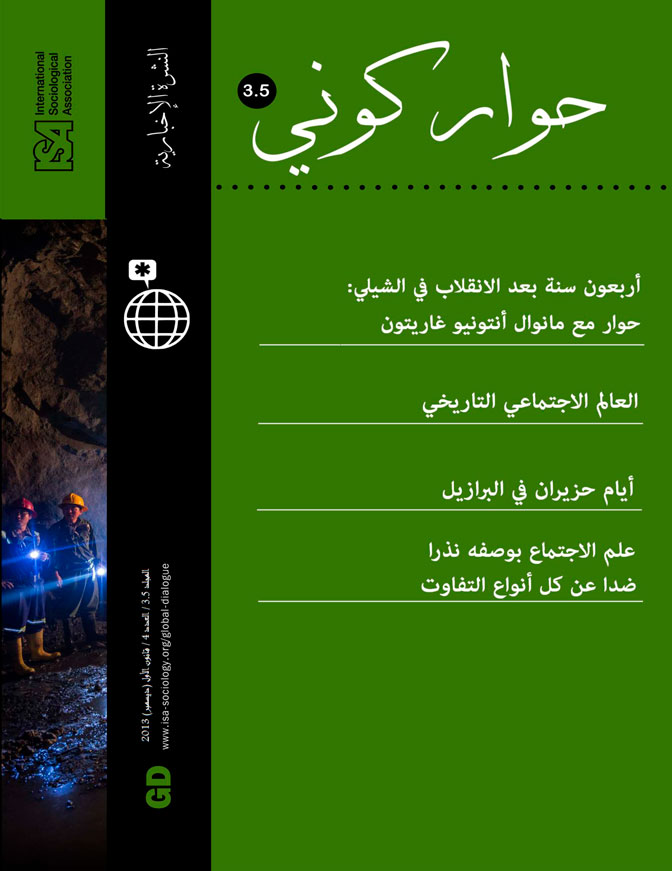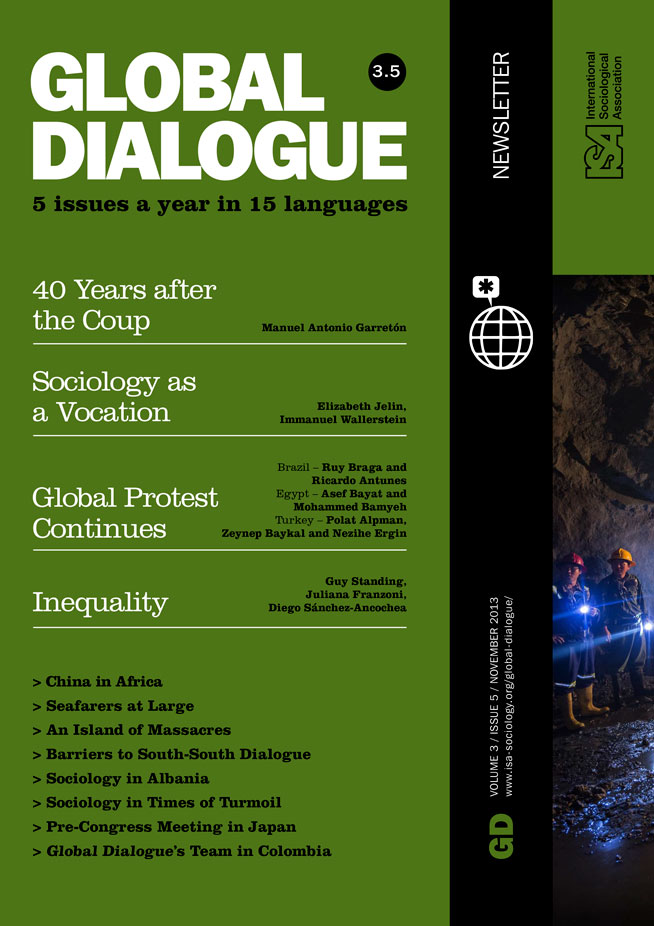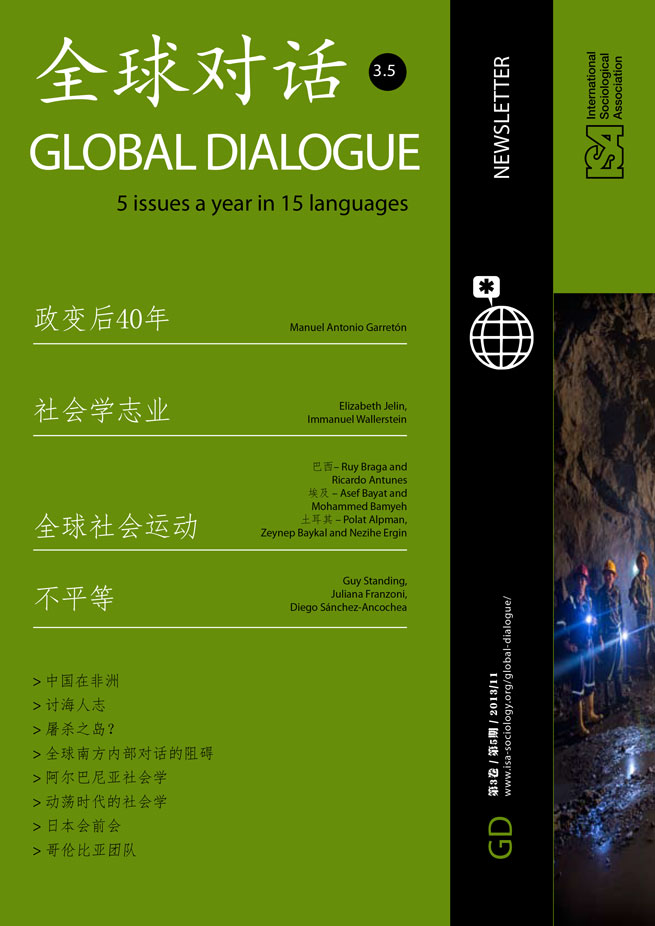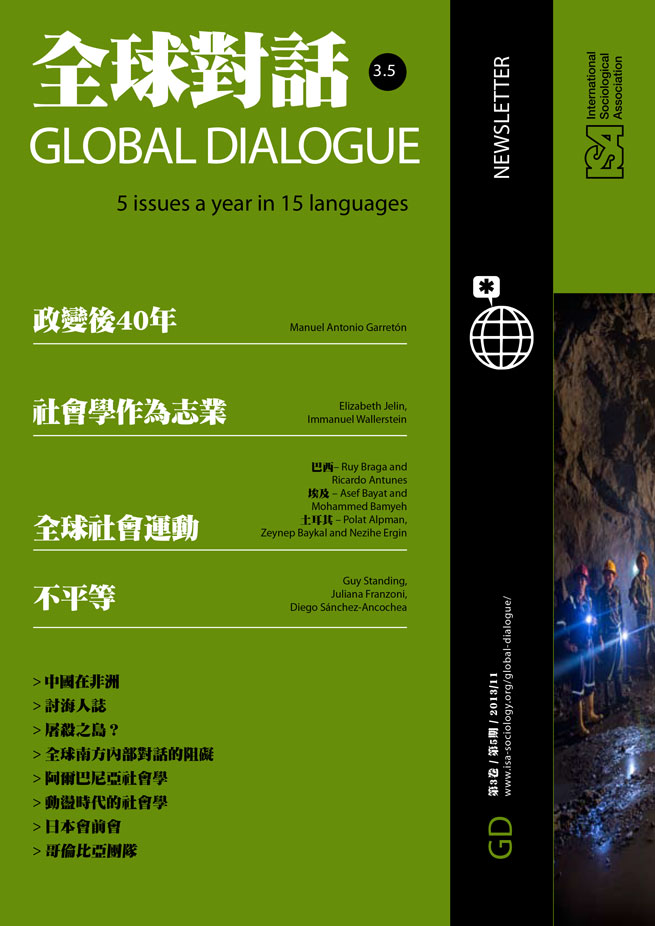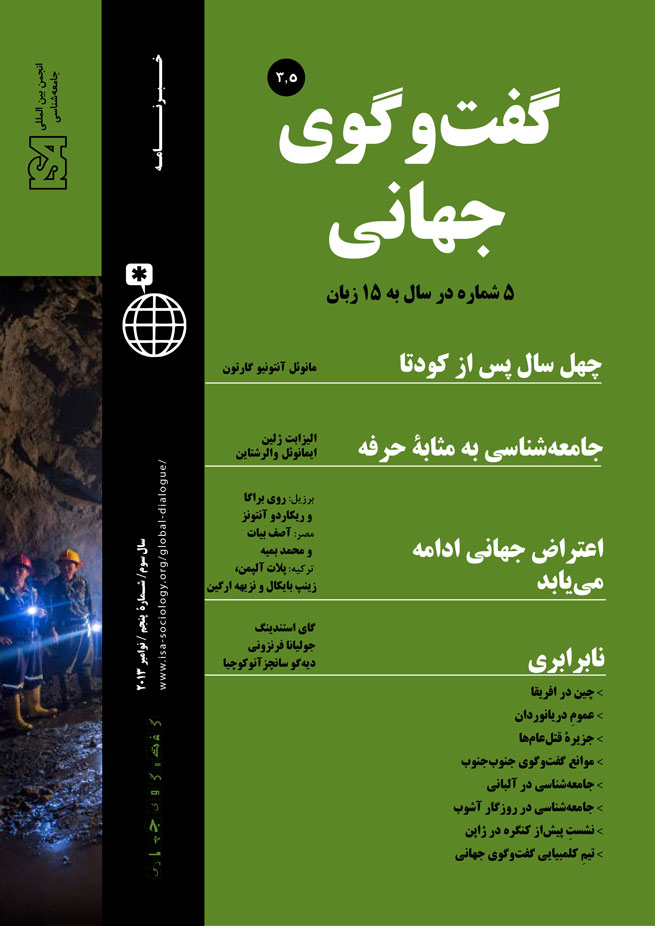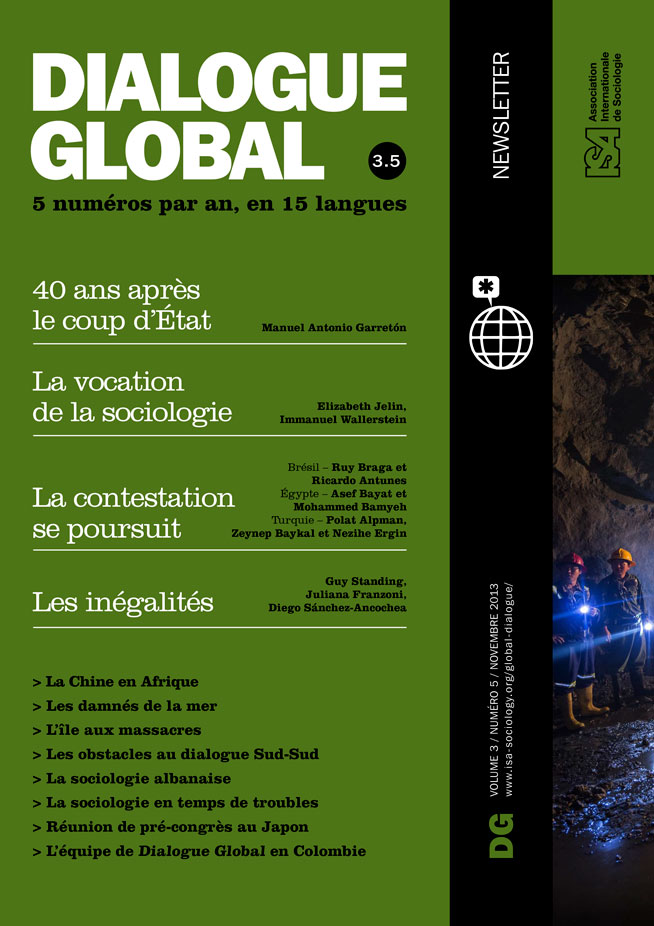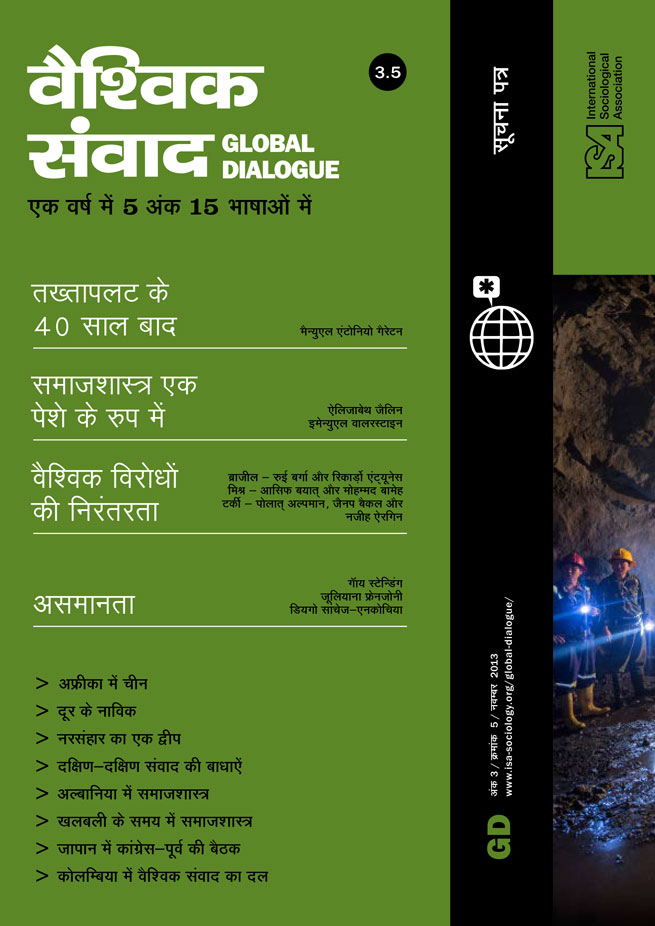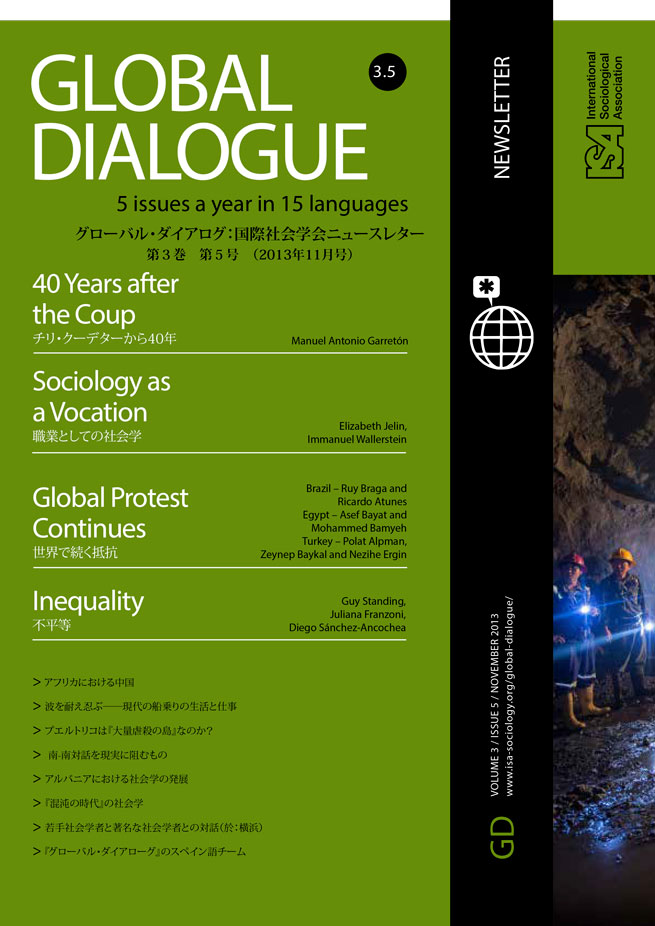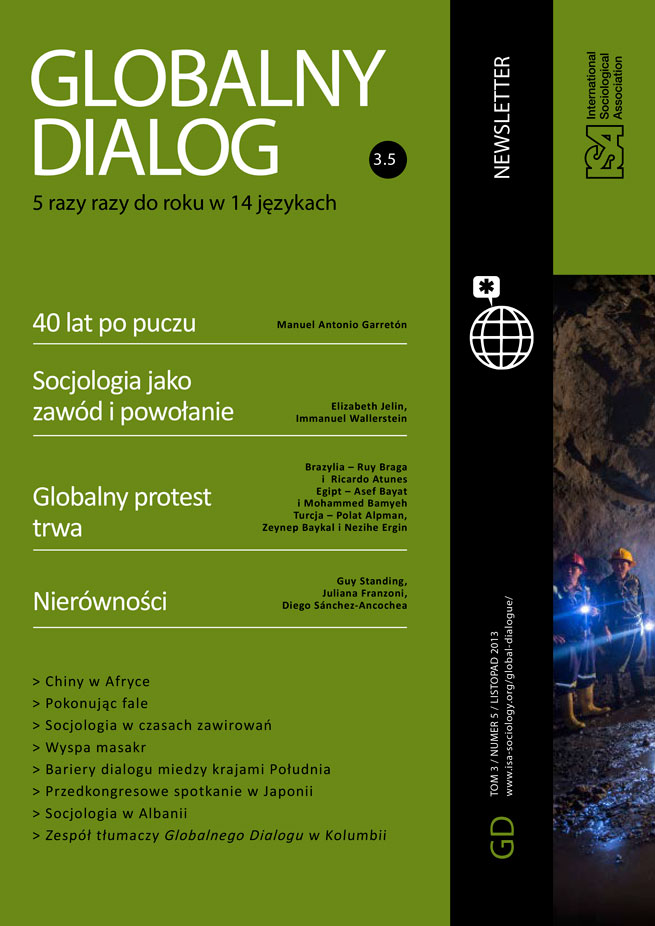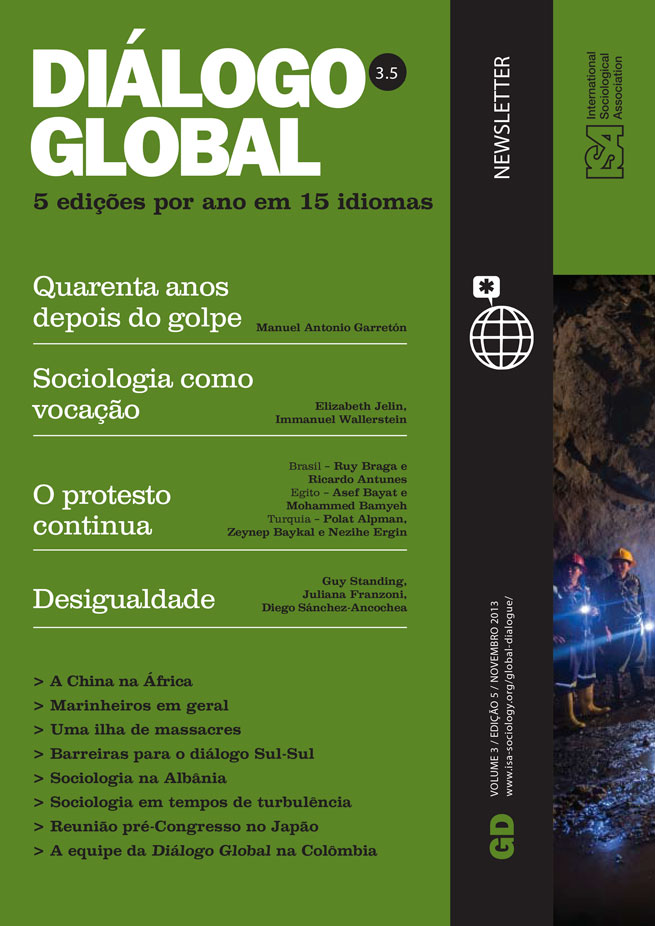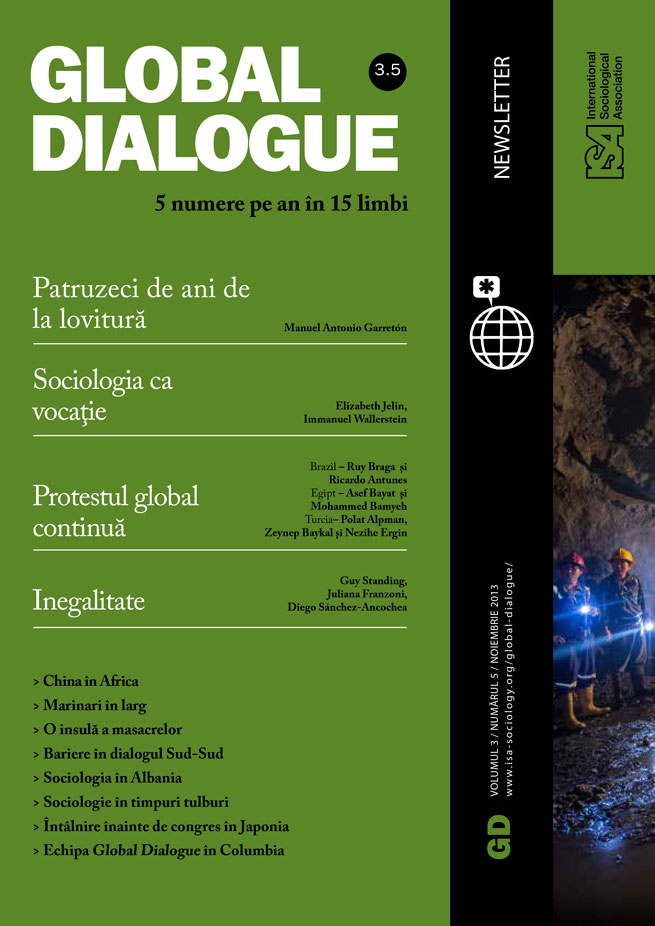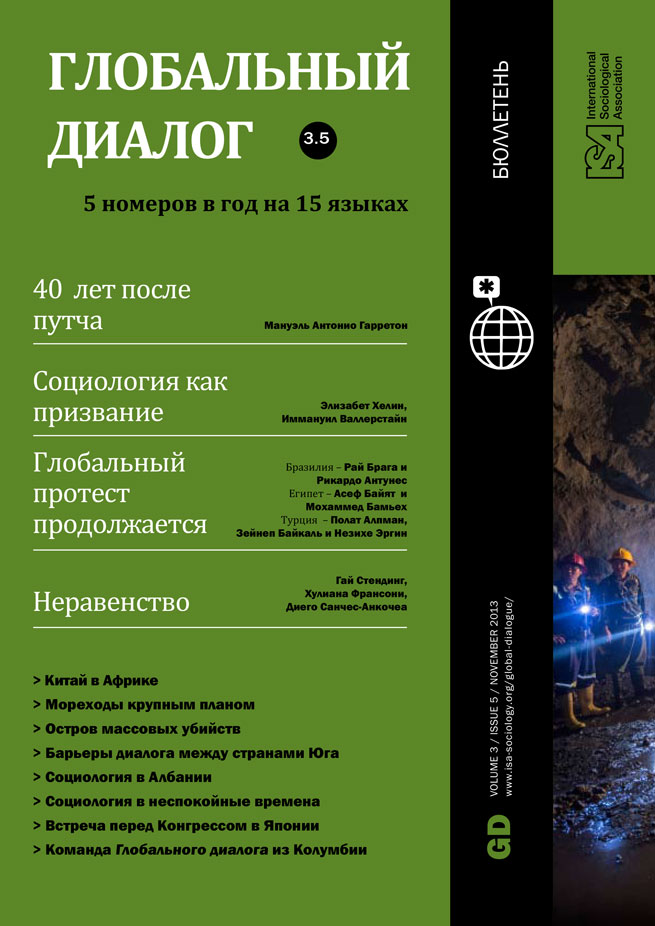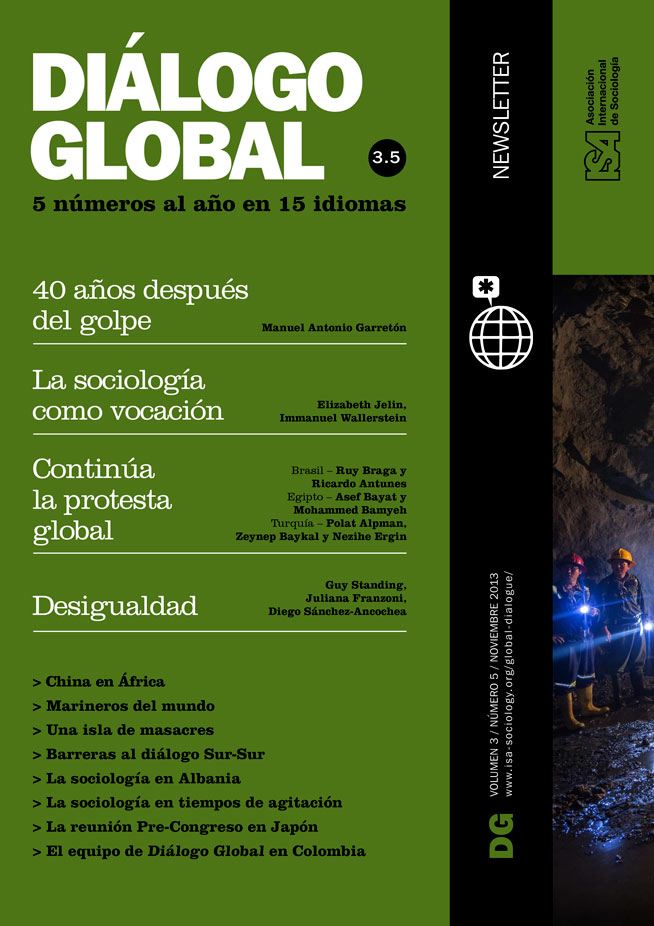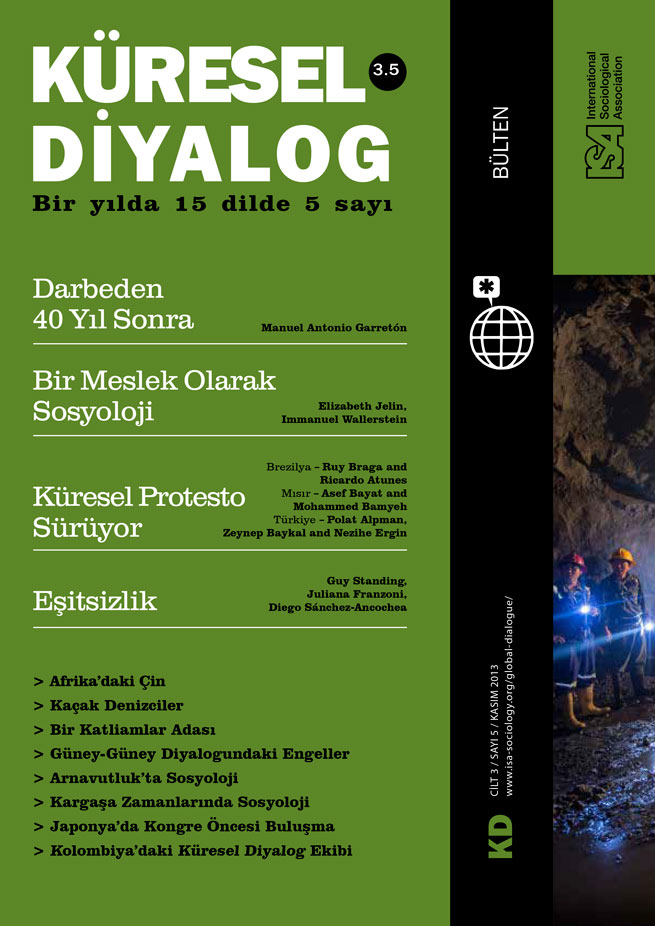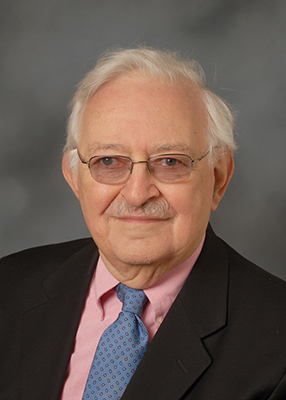Read more about Sociology as a Vocation
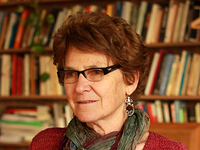
Against All Inequalities
by Elizabeth Jelin
October 25, 2013
Immanuel Wallerstein’s contributions to social science are marked by a half-century of award-winning books and articles, starting with his study of colonialism and national liberation struggles in Africa in the 1960s. From there he moved to detailed historical scholarship of the emergence and subsequent dynamics of the “modern world-system.” In the 1970s Wallerstein’s world-system approach revitalized sociology as a comparative historical enterprise. His research program created a receptive space for social scientists of Latin America, Africa, and Asia, and, at the same time, he collaborated with scholars from other disciplines to rethink the meaning of the social sciences. Traveling tirelessly, he served in a multitude of organizations, including being President of the International Sociological Association. During his term of office he devoted himself to the inclusion of sociologists from around the world, especially from the Global South. His lifetime contributions were recently recognized by the ISA – the first to receive the Award for Excellence in Research and Practice.
I'm not sure that sociology is my vocation. As an undergraduate student, I roamed all over the social sciences. When I decided to do graduate work in sociology, it was because I felt that sociology, as an organizational structure, would turn out to be less confining than any other “discipline” that I could study. In retrospect, I think I was right about this.
I entered the department at Columbia University, which at the time (1950s) considered itself (with some justice) as the central locus of world sociology. I was however not a close fit for what was expected of Columbia students. I was not doing a dissertation with either Merton or Lazarsfeld. I was interested in Africa, the only one who had such an interest in the department. And Paul Lazarsfeld once told me that I was the only graduate student there who had ever heard of the French Revolution. A bit of an exaggeration no doubt, but it presaged where I would be heading. Fortunately, the powers that be were somewhat bemused by my esoteric qualities, and they tolerated me.
I began teaching at Columbia as junior faculty in 1958. By 1963, Columbia had the first influx of graduate students who had been in the Peace Corps – therefore, students who had been in what we called at the time the Third World and who were obviously going to be interested in the politics and economics of the world outside the United States. The courses that I gave (alone and in collaboration with Terry Hopkins) were very popular with these students (and with students in other social science departments).
Then came the campus revolt of 1968. The sociology students were in the forefront, and the younger faculty were also deeply involved. The world-revolution of 1968 not only changed participants’ politics but also their epistemological outlooks. I wrote about this in an article entitled “The Culture of Sociology in Disarray: The Impact of 1968 on US Sociologists”[1]. In 1970-1971, I wrote Volume I of The Modern World-System. By now, I was finding the label “sociologist” somewhat inaccurate to describe my self-image. I began to think of myself as a “historical social scientist.”
The issue of self-description steadily emerged as a more and more serious problem, and this in two ways or on two fronts. The first was the image others had of me, especially outside the United States. In Europe, and especially in France where I have spent much time, other scholars writing about my views on this or that would describe me in various ways: as often as a historian, an economic historian, or an economist, or some combination of these, as a sociologist.
But the bigger problem was in the United States. Like large numbers of sociologists, I would submit projects to various foundations for funding. I encountered a perhaps unusual problem, especially if I submitted a project to the National Science Foundation. Even with the beneficent sympathy of the staff coordinator, the reviews would be dramatically split – two superenthusiastic and two totally negative. We discerned that this reflected a serious epistemological split about what was “good” science. And I turned my attention to studying the origins and the parameters of what I began to call the “structures of knowledge.”
This work led me to what I think is a clearer view of the disciplines (and therefore “vocations”) into which we divide our work – their history, their validity, their future. I believe that what we call disciplines are three separate things. (1) They are an intellectual claim to the autonomy of a category of phenomena with relatively clear boundaries, such that research falls either within or outside the boundaries. (2) They are organizational structures that claim a turf and pursue their claim to exclusive or primary rights to this turf in organizations within universities, in journals, and in national and international organizations. (3) They are a culture of common references, styles of work, and heroic figures, which the organizations pressure individuals to respect and validate.
In the Gulbenkian Commission report[2] which I coordinated, we argued that the three meanings of disciplines fit together well in a period running from about 1870 to 1950 but that there came to be a disjuncture after that time, for a series of reasons. The result was our present situation, in which the previous intellectual claims about the boundaries are highly contested, and the work done under any of the labels overlaps considerably with the work done under other labels. One result is the high demand for inter-(multi-, trans-, etc.) disciplinary work.
At the same time, the organizational claims to turfs are, if anything, stronger than ever, and certainly resistant to any redefinition of boundaries. And the “cultures” of the various disciplines have evolved less than is often claimed, something that can be attested to by looking at footnote references of scholarly articles.
Finally, there is what I believe has been happening to the world-system in which we find ourselves, which I argue is a capitalist world-economy. I believe we are in the structural crisis of this system, and that impels us all to concern ourselves in a very active way with the possible outcomes of this structural crisis. I date the onset of this structural crisis from at least the world-revolution of 1968, and I anticipate that the crisis will not be resolved for another 20-40 years. As a result of this, I have been writing a good deal on this structural crisis, its likely consequences, and the moral and political choices it entails.
Hence, when someone asks me what kind of work I do, these days I say that my work is in three different arenas. First, I try to analyze the historical development of the modern world-system. Secondly, I try to analyze the structural crisis in which this world-system finds itself right now. And thirdly, I try to analyze the crisis in the structures of knowledge, which is part of the structural crisis of the modern world-system but which also needs a detailed particular analysis.
This trio of tasks is my vocation. And the best short description of this vocation is that of a historical social scientist. I should note however that I have my PhD in sociology and that I have had all my university appointments in departments of sociology. Furthermore, of course, I have been president of the International Sociological Association. I see no need to renounce these organizational affiliations, since no other would be better. And sociology, as I said earlier, is probably more tolerant of my stance than other disciplines would be.
[1] Craig Calhoun, ed. (2007). Sociology in America: A History. Chicago: University of Chicago Press, pp.427-437.
[2] Immanuel Wallerstein (coordinator) (1996). Open the Social Sciences: Report of the Gulbenkian Commission on the Restructuring of the Social Sciences. Stanford: Stanford University Press.
Immanuel Wallerstein, Yale University, USA and former President of the ISA, 1994-1998
This issue is not available yet in this language.
Request to be notified when the issue is available in your language.
If you prefer, you can access previous issues available in your language:
